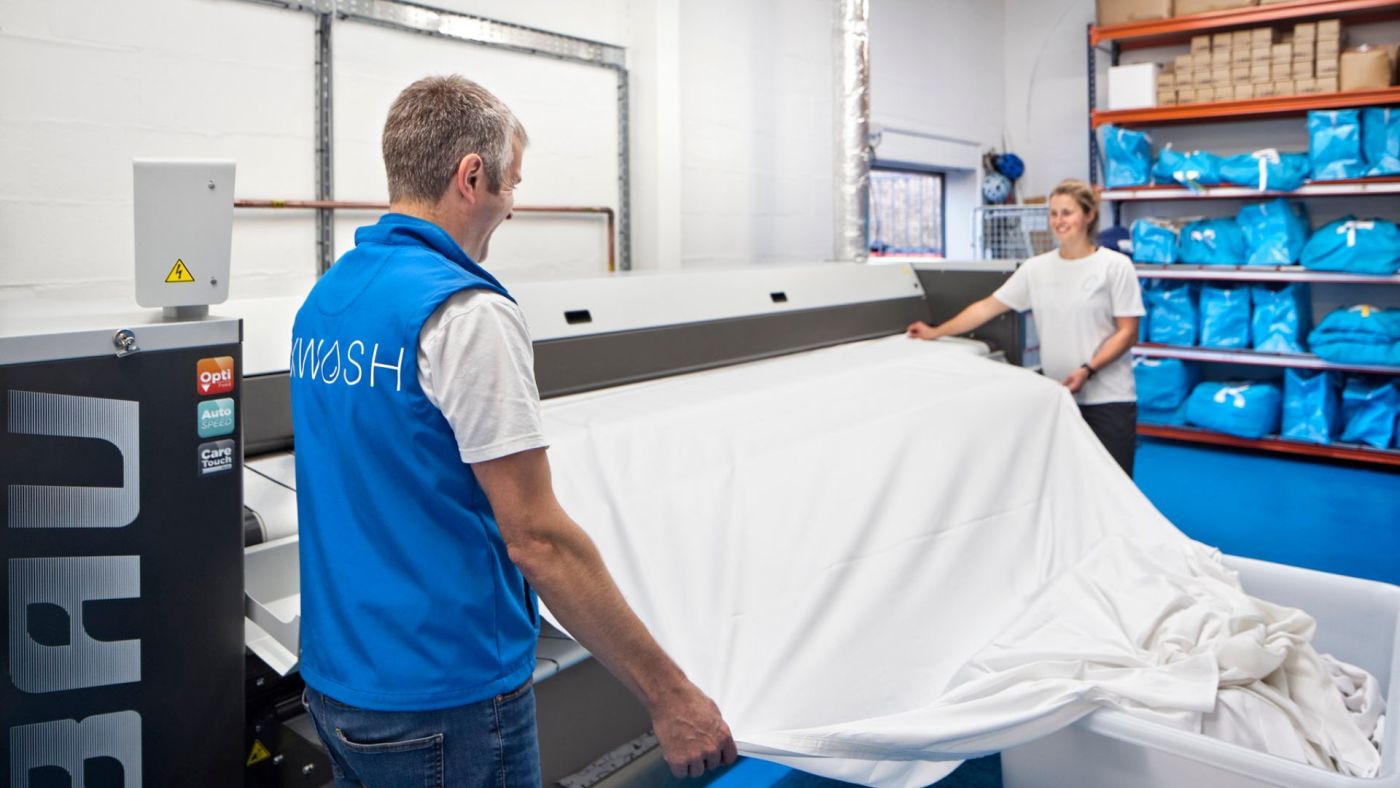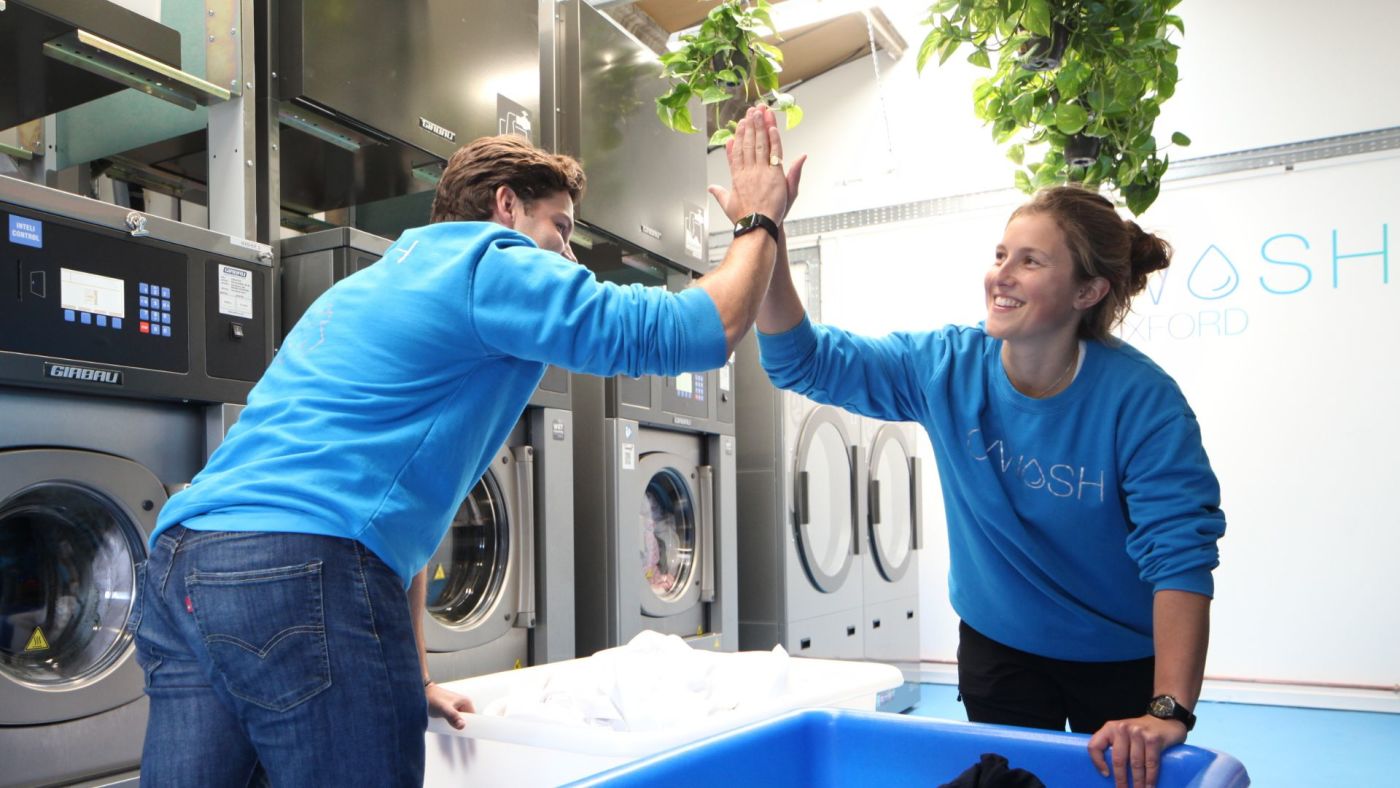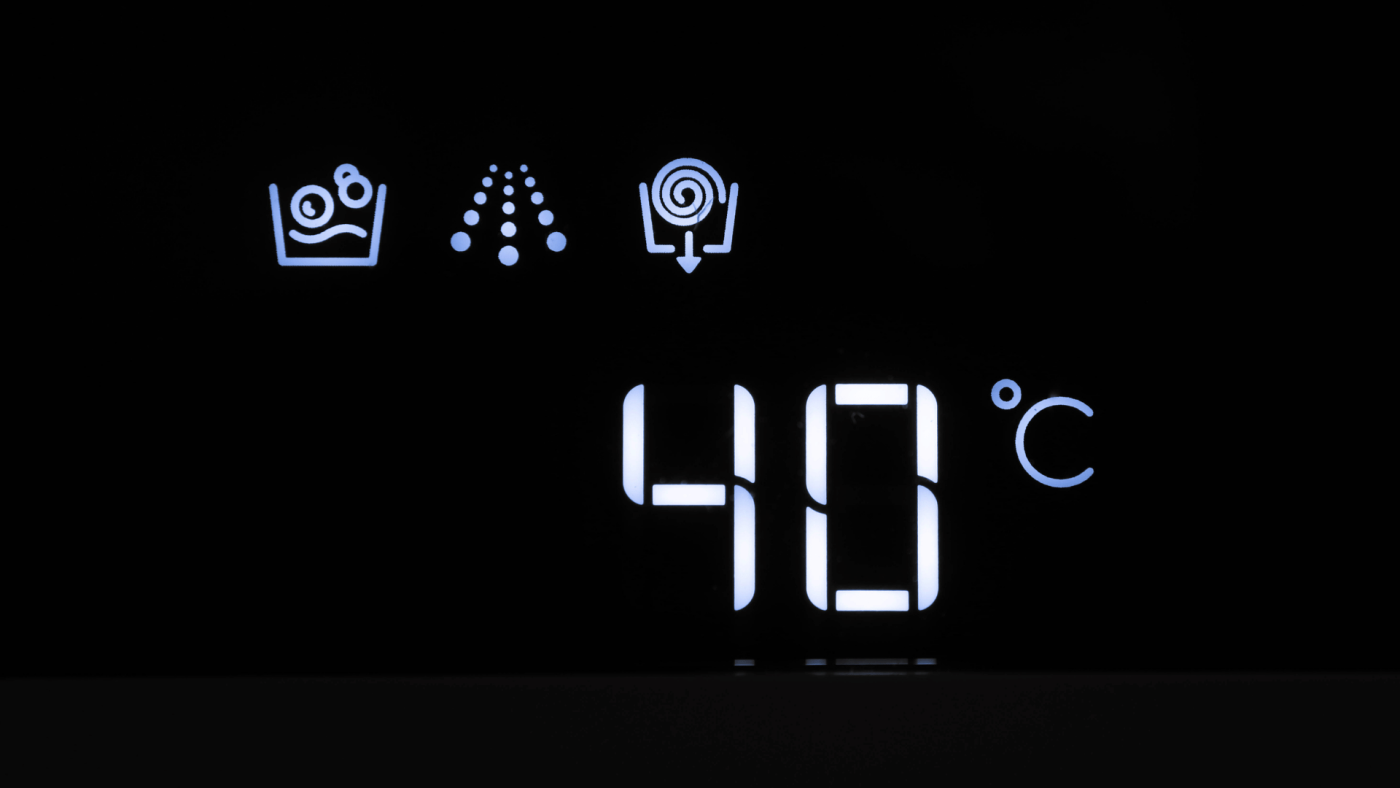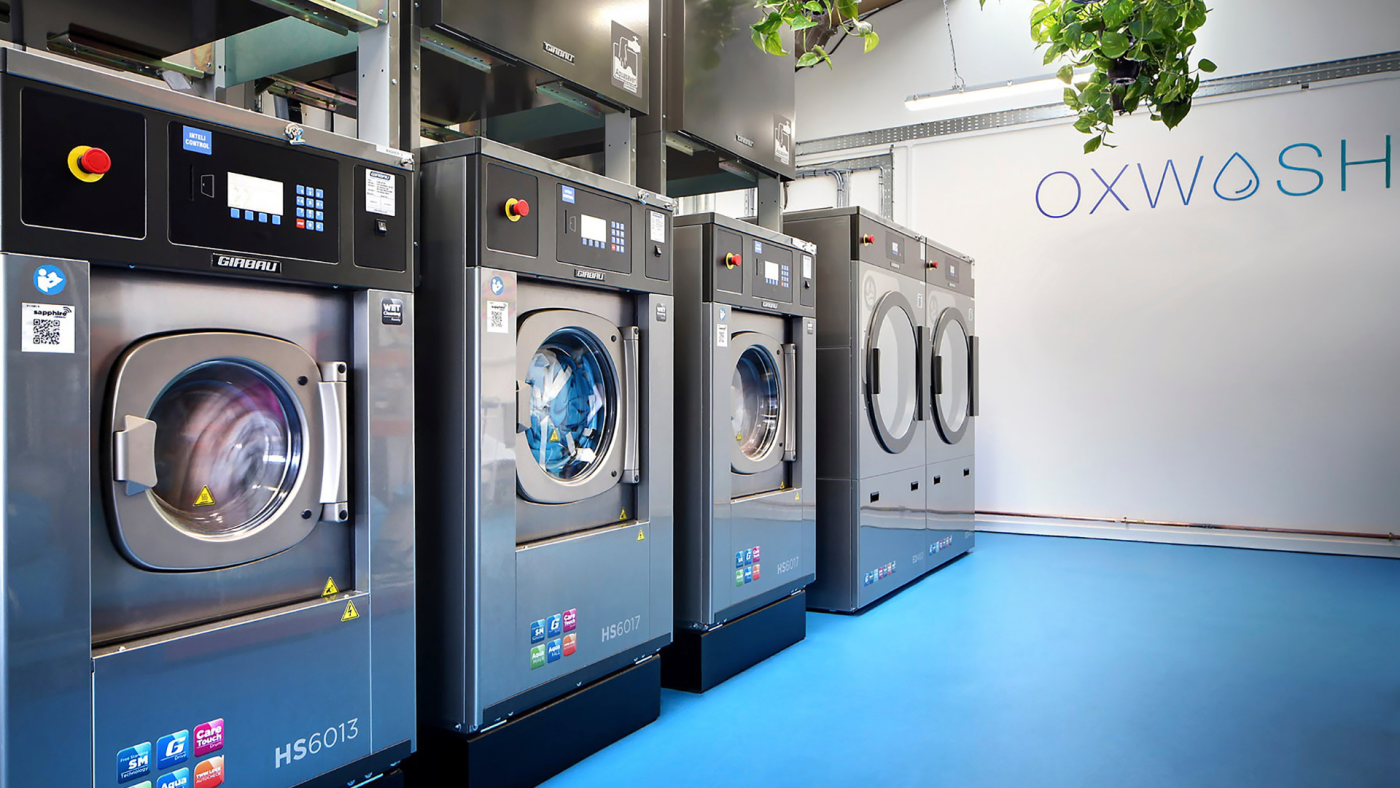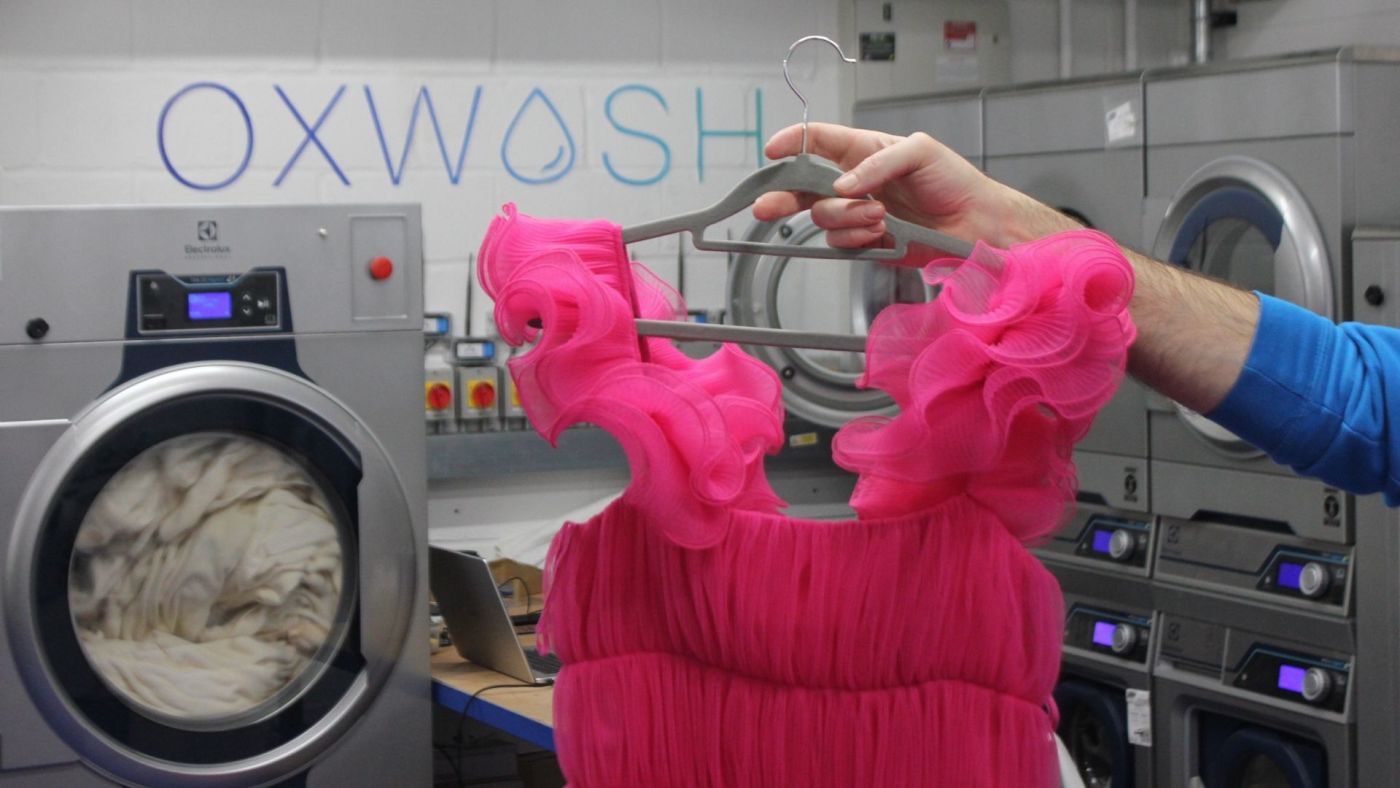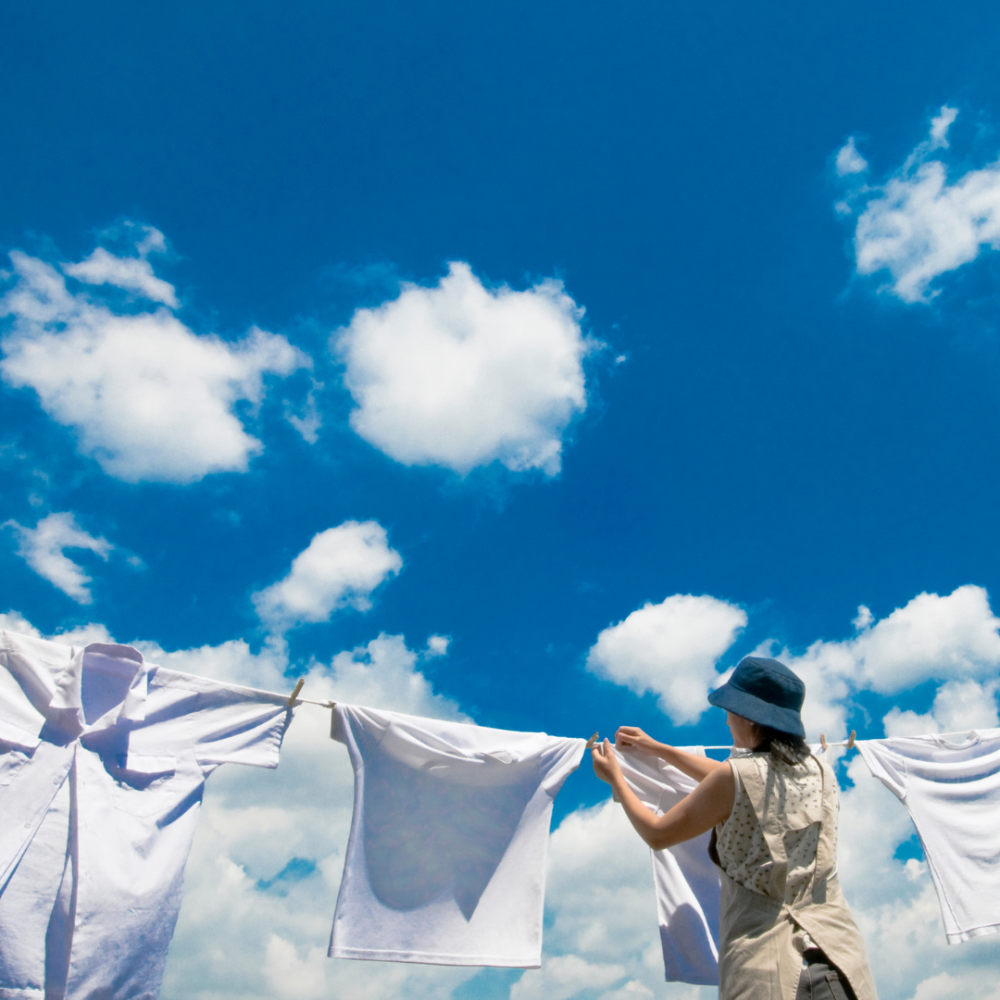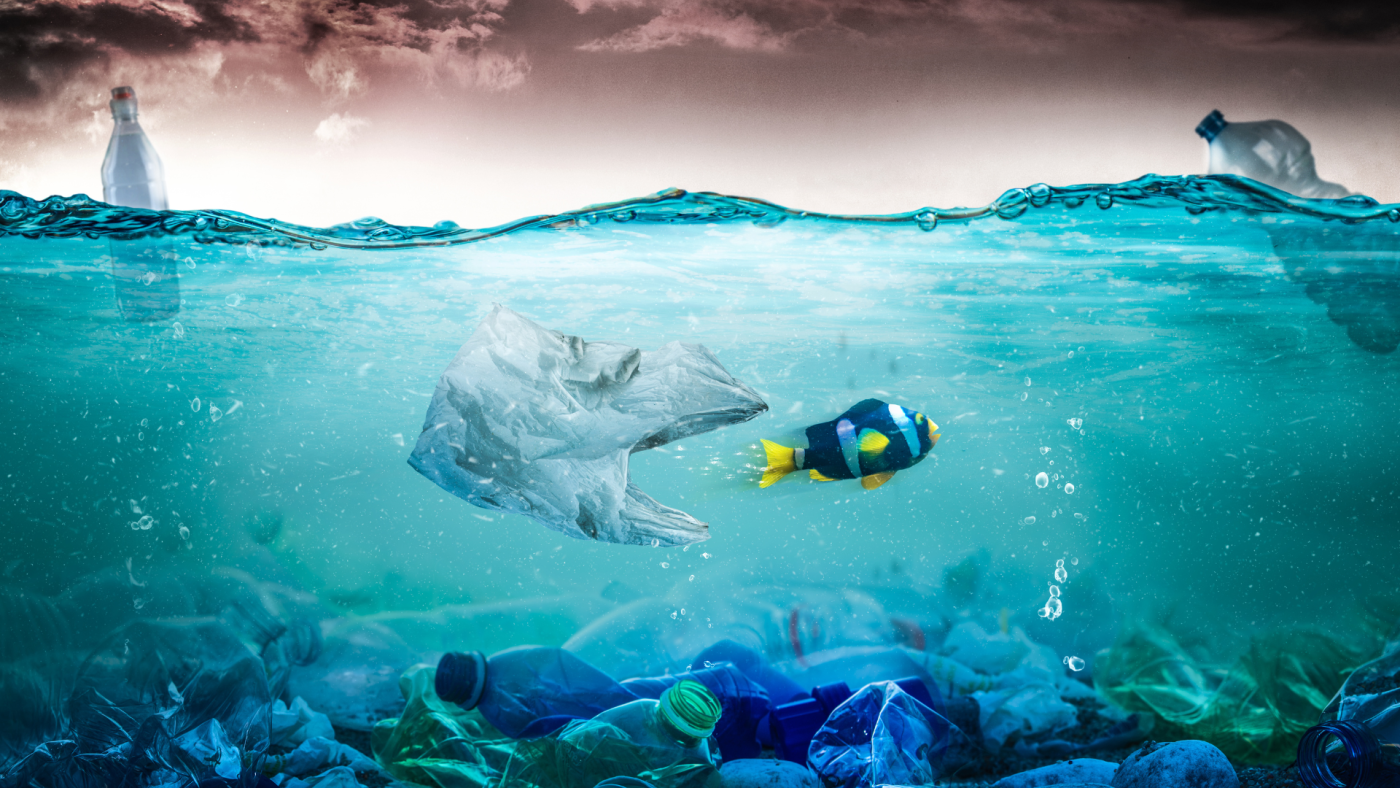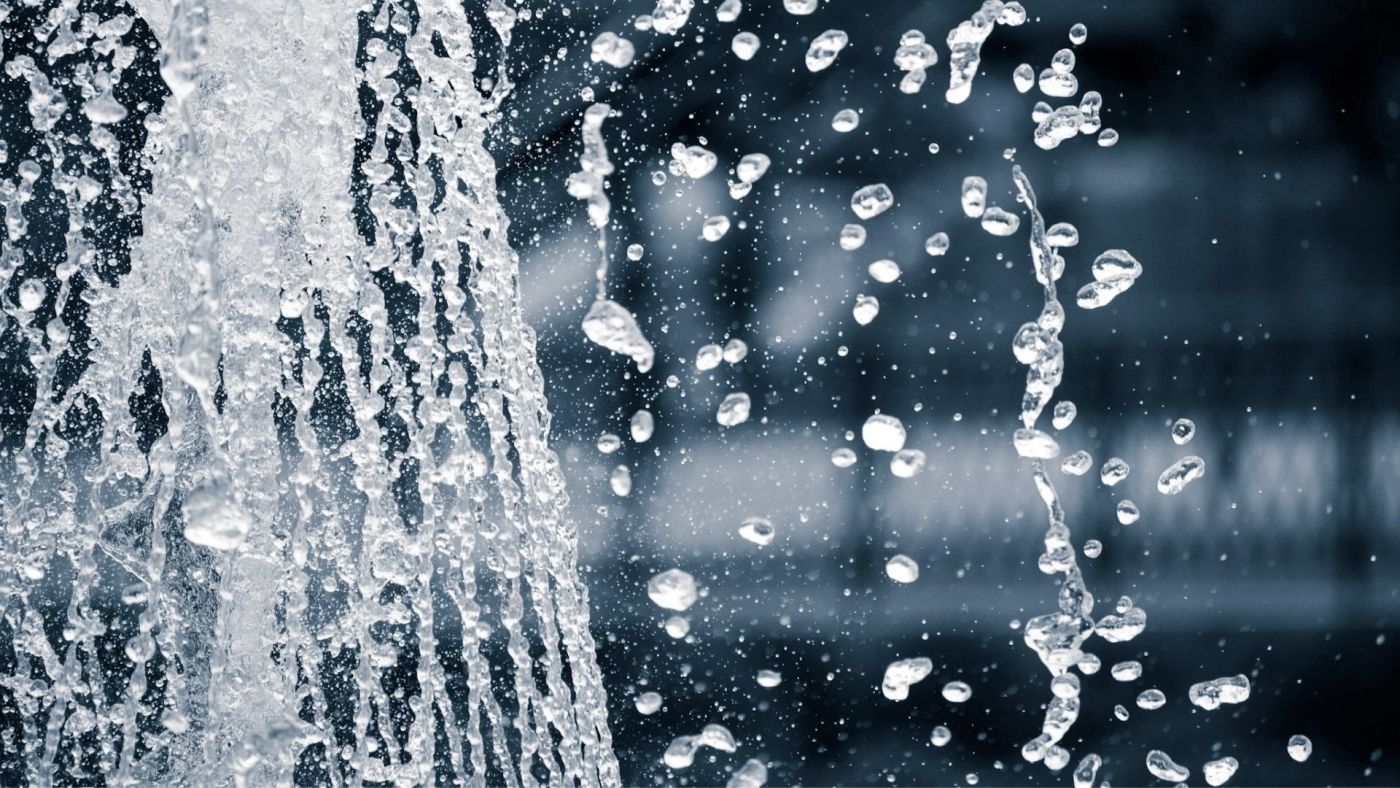The Rinse Cycle
Welcome to our news and information hub where you’ll find our latest research and articles covering a variety of topics, including commercial laundry and garment cleaning, tech and science, business insights, and sustainability.
Join us as we explore the latest industry trends and innovations. There’s something for everyone, so let’s dive in!
Featured Article
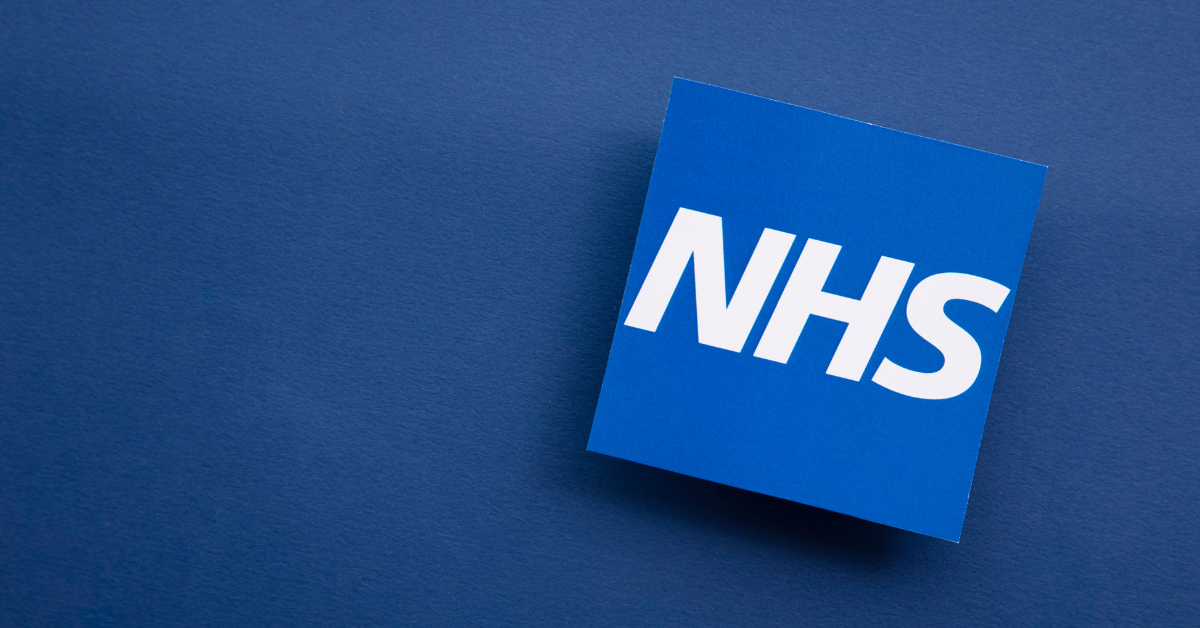

Featured Article
What the 2024 spring budget means for NHS procurement
Discover how the 2024 Spring Budget is reshaping NHS procurement and its supplier ecosystem. With significant investments in modernisation and efficiency, the budget presents a pivotal opportunity for suppliers. Explore the impact on NHS procurement processes, the drive for productivity enhancement, and the promising prospects for innovative tech solutions. While opportunities abound, suppliers must navigate challenges and align with NHS priorities to contribute to the transformation of healthcare delivery in the UK. Learn how Oxwash pioneer sustainable solutions in commercial laundry management, setting new standards for efficiency and environmental responsibility.
Top stories
Subscribe
Subscribe
Want some good news?
Subscribe to our newsletter


